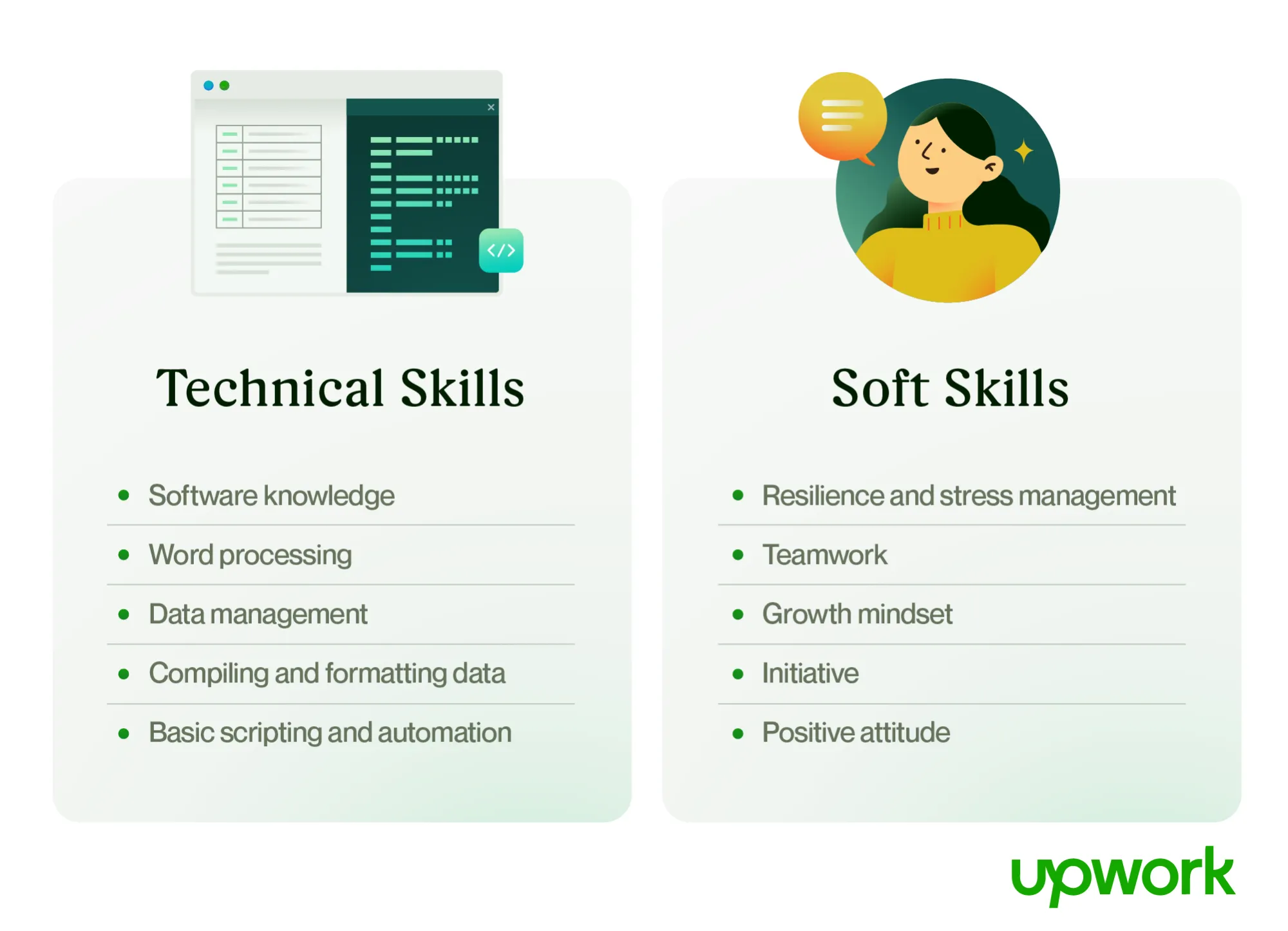Soft Skills vs. Technical Skills: What Do Recruiters Prioritize in Fresh Graduates?

In today’s competitive job market, fresh graduates often wonder what matters more—technical expertise or soft skills. While technical skills are essential for performing job-specific tasks, soft skills play a crucial role in workplace adaptability and career growth. Recruiters seek a balance of both, but which one holds more weight? Let’s explore what recruiters look for and how you can enhance both skill sets to boost your employability.
What Are Technical Skills?
Technical skills refer to the knowledge and expertise required to perform specific tasks in a job role. These are often acquired through formal education, training programs, and hands-on experience.
Examples of Technical Skills:
- Programming Languages (Python, Java, C++) – Learn to Code
- Data Analysis & AI (SQL, Machine Learning) – Explore Courses
- Engineering & Design Software (AutoCAD, MATLAB) – Check Out MATLAB
- Cybersecurity & Networking – Cybersecurity Training
- Cloud Computing & DevOps – AWS Learning Path
Technical skills demonstrate your ability to execute job responsibilities effectively. However, possessing technical skills alone is not enough to succeed in today’s dynamic work environment.
Why Soft Skills Matter for Fresh Graduates
Soft skills define how you interact with colleagues, clients, and management. Unlike technical skills, which can be learned through training, soft skills are developed over time through experience and practice.
Key Soft Skills Recruiters Value:
- Communication Skills – The ability to articulate thoughts clearly in both written and verbal forms.
- Problem-Solving & Critical Thinking – Analyzing challenges and finding creative solutions.
- Teamwork & Collaboration – Working effectively with diverse teams.
- Adaptability & Willingness to Learn – Keeping up with technological and organizational changes.
- Leadership & Initiative – Taking responsibility and leading projects proactively.
Soft skills help fresh graduates integrate into workplace culture, collaborate efficiently, and adapt to new challenges.
What Do Recruiters Prioritize?
According to hiring trends, recruiters seek a mix of both skill sets. However, the weightage varies by industry:
- Tech & IT Jobs: 70% Technical Skills, 30% Soft Skills
- Engineering & Manufacturing: 60% Technical Skills, 40% Soft Skills
- Marketing & Sales: 40% Technical Skills, 60% Soft Skills
- Management & Leadership Roles: 30% Technical Skills, 70% Soft Skills
While technical expertise gets your resume noticed, soft skills determine how well you fit into an organization and grow within it.
How Flipr Labs Helps You Build Both Skills
At Flipr Labs, we offer specialized programs, hackathons & Cohorts to help fresh graduates develop both technical and soft skills, making them job-ready. Our courses include:
- Full-Stack Development – Hands-on coding experience (Explore Here)
- Data Science & AI – Industry-relevant projects and mentorship
- Soft Skills & Interview Preparation – Resume building, mock interviews, and communication training
How to Improve Your Skills?
Boost Your Technical Skills:
- Enroll in online courses and certification programs (Udemy, Coursera)
- Work on personal projects and internships
- Attend Cohorts.(Flipr Labs)
- Contribute to open-source projects (GitHub)
Develop Stronger Soft Skills:
- Join public speaking groups or take communication courses (Toastmasters)
- Practice teamwork in college clubs or hackathons(Flipr Labs)
- Take leadership roles in student organizations
Final Thoughts: Which Skills Should You Focus On?
While technical skills are essential for landing a job, soft skills ensure long-term career success. Striking the right balance between the two will make you a well-rounded candidate.
What do you think? Do recruiters value technical skills more than soft skills, or is it the other way around? Share your thoughts in the comments!
For more career guidance and learning resources, stay connected with Flipr Labs and our student community!